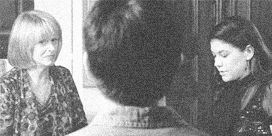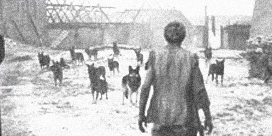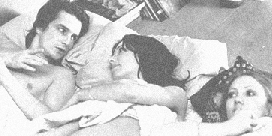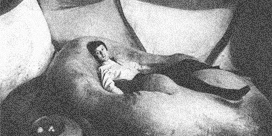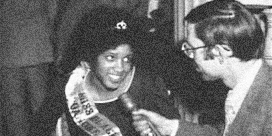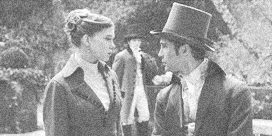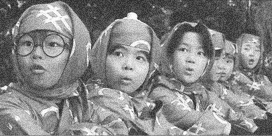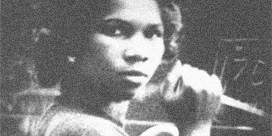November Thirtieth Two-Thousand Eleven
by Glenn Heath, Jr. Movies were grand this year (thanks in large part to superb festival stragglers from 2010), and many critics have written as much over the last few months. The consensus is that those viewers who sought out titles beyond the mainstream, like Certified Copy, Uncle Boonmee Who Can Recall His Past Lives, The Arbor, and even dynamic Hollywood fare like Hugo and Fright Night, were justly rewarded with films that explored and destroyed the boundaries between cinematic time and space. Looking back at my own life-altering experiences in 2011, both as a writer, traveller, and film spectator, one common thread thread snakes through the highest of highs: regional cinema, or more specifically, the focus on cities and communities as extensions of perspective, character, and experience.
Patrick Wang’s stunning Tennessee-set debut In the Family, a film about optimism and strength in an era of crippling cynicism, establishes the overlap between regional identity and emotional expression entirely through dialogue. Wang captures the essence of his character’s southern roots through the pacing and rhythm of their speech patterns, a detail most films would ignore. Here, the tenor of voice is the centerpiece for each scene, an indicator of both happiness and frustration bursting at the seams. When interior designer Joey experiences a sudden tragedy that sends his entire familial structure into a tailspin, his deep sadness stems from the dissolution of a miniature community founded on shared principles and values, the breakup of a makeshift institution that was working on all cylinders. But despite some gruelingly intense verbal exchanges, there’s always the strength and evolution of identity for Joey to fall back on, a sense of purpose directly connected to the way people in his community speak to each other, not at each other.
